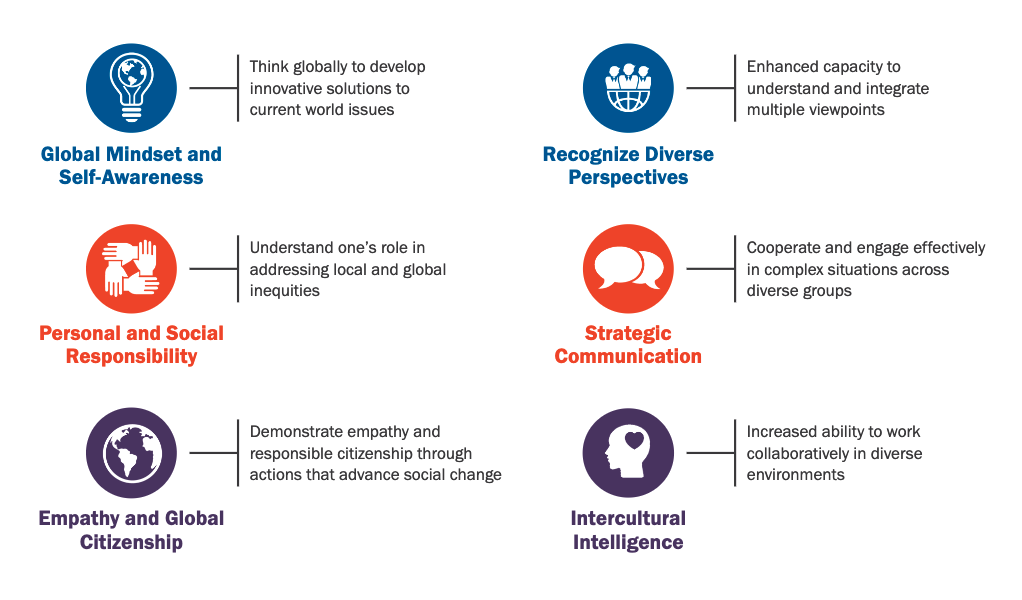Program Learning Outcomes and Curriculum
Your program curriculum is designed to ensure graduates acquire the essential skills, knowledge, and attitudes appropriate and relevant to both the needs of students and employers.
Program Vocational Learning Outcomes
Program vocational learning outcomes describe what graduates of the program have demonstrated they can do with the knowledge and skills they have achieved during their studies. The outcomes are closely tied to the needs of the workplace. Through assessment (e.g., assignments and tests), students verify their ability to reliably perform these outcomes before graduating.
The program vocational learning outcomes for this program are:
- Complete all work in a food science environment adhering to current and relevant chemical, biological, and physical concepts/theories.
- Employ appropriate laboratory techniques for a given protocol or experimental design, and perform laboratory duties in compliance with legislation, regulations, policies and procedures relevant to occupational health, safety, environmental, and ethical practices.
- Analyze and interpret qualitative and quantitative laboratory results in order to draw conclusions, and make recommendations
- Prepare, maintain, interpret, and communicate scientific data effectively, and communicate technical information and scientific data in oral and written formats
- Define relationships among safe food principles and practices, distinguish among Good Manufacturing Practices (GMPs), Good Laboratory Practices (GLPs), Hazard Analysis and Critical Control Points (HACCP), Codex Alimentarius, and make appropriate choice of food safety practices and guidelines for implementation given operational-specific scenarios.
- Explain how safe food practices are implemented in different sectors of the food industry, including formulation, food processing, manufacturing, storage and transportation.
- Utilize standard laboratory techniques and procedures for identification and quantification of contaminants in equipment, food and water.
- Apply water management principles and practices needed for safe water usage in food production, plant sanitation, processing and manufacturing, and for subsequent effective wastewater treatment.
- Integrate principles of food science, food microbiology, food processing, chemistry, pest control, waste management and sanitation in the development of a plant sanitation procedure.
- Develop a risk management strategy for a specific food industry or operation, given a scenario identifying a potential and/or realized threat to food safety.
- Compare and contrast municipal, provincial, federal and international laws, regulations, and guidelines pertaining to food safety, and describe the relevant relationships and channels of communication among different levels of government.
- Abide by legal and professional standards, ethical practices and codes of conduct.
Essential Employability Skills Outcomes
Essential Employable Skills (EES) are skills that, regardless of a student’s program or discipline, are critical for success in the workplace, in day-to-day living, and for lifelong learning. Graduates will reliably demonstrate abilities in six skill categories:
Global Citizenship and Equity Learning Outcomes
There are six Global Citizenship and Equity (GCE) learning outcomes integrated into Diploma and Advanced Diploma programs as a component of Centennial’s Signature Learning Experience (SLE). The SLE reflects the College’s promise to provide students with a distinctive and inclusive educational experience that builds on a foundation of global citizenship, equity, and social justice. Certificate and Graduate Certificates also include at least two GCE learning outcomes. The GCE learning outcomes are:
- Identify one’s role and responsibilities as a global citizen in personal and professional life.
- Identify beliefs, values and behaviours that form individual and community identities and the basis for respectful relationships.
- Analyze issues of equity at the personal, professional, and global level.
- Analyze the use of the world’s resources to achieve sustainability and equitable distribution at the personal, professional, and global level.
- Identify and challenge unjust practices in local and global systems.
- Support personal and social responsibility initiatives at the local, national, and global level.
Global Citizenship and Equity Portfolio
As a component of the SLE, Diploma and Advanced Diploma program students will complete the Global Citizenship and Equity (GCE) Portfolio. Building the GCE Portfolio is a process of documenting your GCE learning. Each item selected for inclusion in the portfolio demonstrates growth and understanding of Global Citizenship and Equity within your program of study.

Global Skills Portfolio
Students are encouraged to develop their Global Skills Portfolio beginning in their first semester. You will add artifacts from coursework and accompanying reflections as well as artifacts arising from co-curricular activities, volunteering, etc. to your portfolio as you progress through the program. You are encouraged to develop an online professional portfolio presence through LinkedIn and/or other personal websites/blogs.

